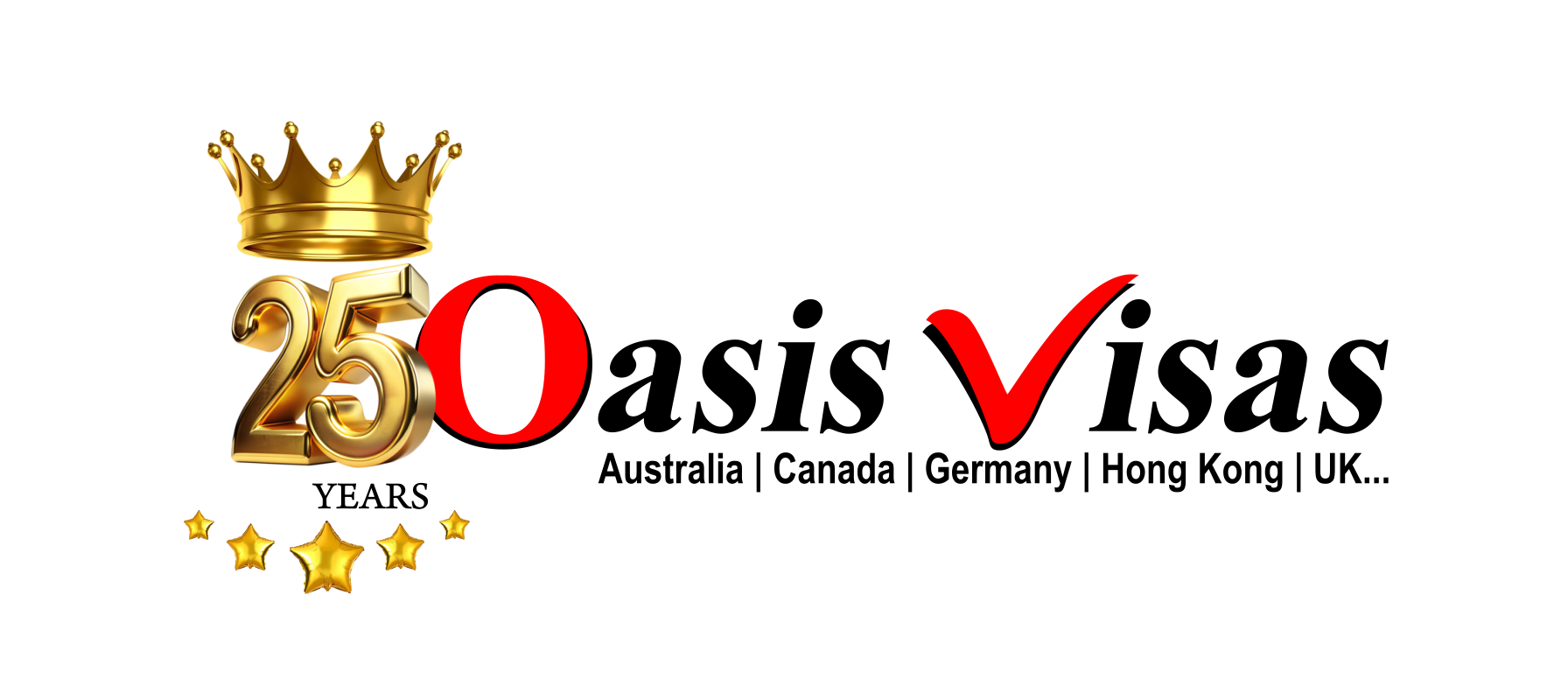Canada has announced plans to introduce a new permanent immigration program in 2025. This program will be based on the success of the existing Economic Mobility Pathways Pilot (EMPP), which was originally created to help skilled refugees and displaced individuals move to Canada and start a new life.
The EMPP allows qualified refugees and displaced people to connect with Canadian employers and apply for permanent residence (PR). It offers a way for these individuals to live and work in Canada while also helping employers fill job vacancies.
Background of the EMPP
The EMPP was first launched in 2018 by Immigration, Refugees and Citizenship Canada (IRCC) as a temporary pilot program. In 2023, the government announced plans to make the pilot permanent. Although the EMPP is currently extended until December 31, 2025, the government is preparing to launch the new permanent program before the pilot expires.
So far, 970 people have successfully come to Canada through the EMPP between 2019 and March 2025, according to government records.
The complete details of the upcoming permanent program such as eligibility requirements, application process, and benefits have not yet been shared by the government. However, the move signals a strong commitment to making Canada more accessible for refugees and skilled displaced persons.
How the EMPP Works
The EMPP offers two main pathways: a federal option and a regional option, both designed for people outside of Canada who hold refugee or displaced person status.
To apply, individuals must show proof of their refugee status. This can be done by submitting one of five accepted documents or providing a referral letter from an IRCC-approved partner.
Federal EMPP Pathway
The federal EMPP has two different streams, each with a limited number of spots available every year:
- Job Offer Stream – Accepts 950 applications annually
- No Job Offer Stream – Accepts 150 applications annually
Job Offer Stream Requirements:
- A full-time job offer from a Canadian employer
- At least one year of full-time work experience
- Education and language skills based on the type of job (as per Canada’s TEER system)
No Job Offer Stream Requirements:
- One year of full-time work experience within the past three years in a TEER 0, 1, 2, or 3 job
- A Canadian high school diploma or foreign equivalent
- Language proficiency at CLB 7 in English or French
- Proof of settlement funds
(Note: The no job offer stream is currently closed.)
The TEER system (Training, Education, Experience, and Responsibilities) ranks Canadian jobs from level 0 (high-skilled) to level 5 (low-skilled).
Regional EMPP Pathway
Applicants can also apply through the Atlantic Immigration Program (AIP) or a Provincial Nominee Program (PNP). To be eligible, individuals must:
- Qualify for the immigration program of a participating province or territory
- Have a full-time job offer
- Meet education, training, and work experience requirements
- Have sufficient English or French language skills
Some advantages of applying through the AIP include not needing an education credential assessment and more flexible work experience requirements. Applicants may also be eligible for a loan to help meet settlement fund requirements.
Benefits of the EMPP
The EMPP offers several benefits to help refugees and displaced persons immigrate more easily:
- No application or biometric fees for the applicant and their family members
- Medical exam costs are covered by the government
- Assistance with travel and settlement is provided
- Right of permanent residence fee is also covered
These benefits aim to reduce the financial burden on applicants and help them start their new life in Canada more smoothly.
What Are Immigration Pilots?
Immigration pilots in Canada are temporary programs, usually set up for five years. They are designed to test new ways of bringing skilled workers to the country. If these pilot programs work well, they can become permanent immigration pathways, just like the EMPP is expected to become.
With the launch of this new permanent immigration program in 2025, Canada is expanding its efforts to welcome skilled refugees and displaced people, offering them a stable future while supporting the country’s workforce needs.

